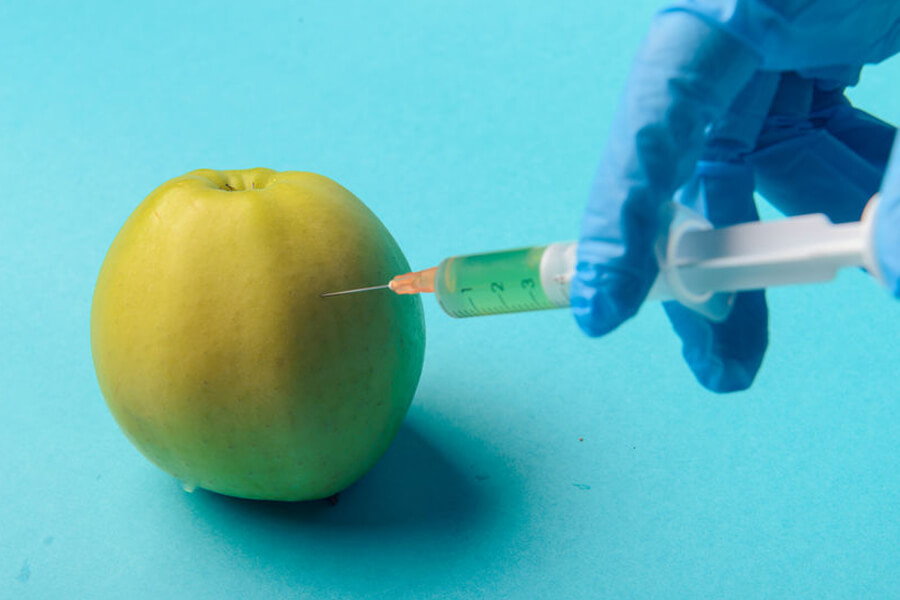You may know about nutrition to avoid artificial sweeteners and food dyes, but now it may be time to add another additive to that list.
New research on mice shows that emulsifiers—additives used to change the texture of food and increase its shelf life—can produce anxiety and changes in gut bacteria.
Emulsifiers can be found in a variety of foods, from chocolate and margarine to bread and processed meats.
Researching additives
Previous research on additives like emulsifiers have found that they can increase the risk of obesity and metabolic disorders, cause inflammation and alter the gut microbiomes in mice.
For the new study, a team of Georgia State University researchers set out to determine if two specific emulsifiers could cause anxiety.
The idea comes from previous studies, which have shown that gut bacteria can play a role in mental health.
For the new study, the researchers looked at the emulsifiers P80 and CMC, when added to drinking water, could change the behavior and microbiomes of mice. After 12 weeks, the findings showed that the emulsifiers did impact gut bacteria and behavior, but in different ways depending on the sex of the mice.
For the male mice, anxious behavior increased. For female mice, social behavior decreased.
Although it’s not known why the male and female mice were affected differently, scientists have pinpointed differences in the male vs. female immune system.
“We know that inflammation triggers local immune cells to produce signaling molecules that can affect tissues in other places, including the brain, explains one of the study’s co-authors Professor Geert de Vries. “The gut also contains branches of the vagus nerve, which forms a direct information pathway to the brain.”
More research is planned and future studies will use larger animals.
The results of the study were published in the journal Scientific Reports.

